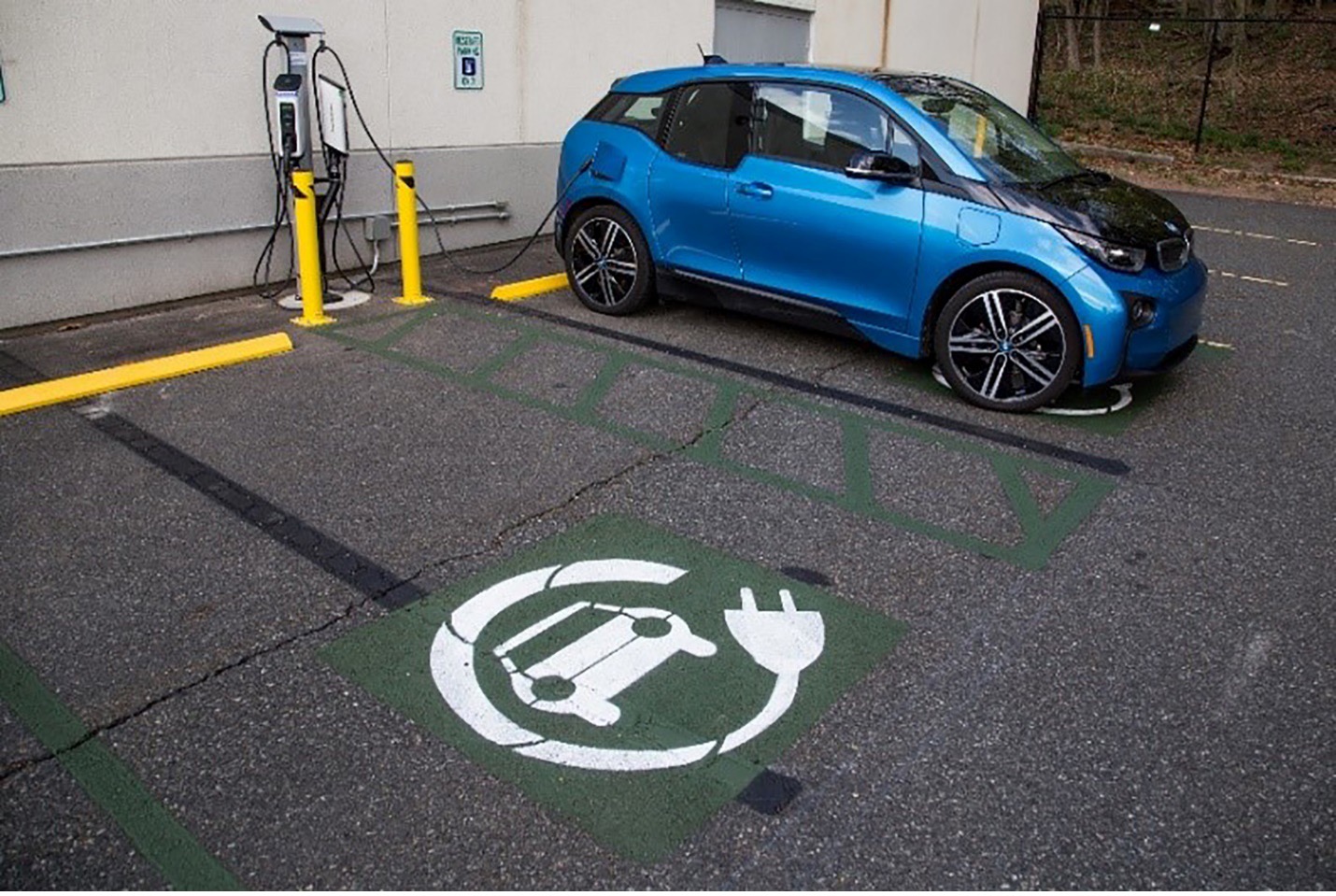Electric vehicles (EVs) have emerged as a promising alternative to traditional gasoline-powered cars, offering not only environmental advantages but also significant economic benefits. While the upfront cost of purchasing an EV may be higher than that of a conventional vehicle, the long-term savings associated with EV ownership can outweigh the initial investment. In this article, we’ll explore the economics of electric vehicles, examining how EV ownership can save you money in the long run.

1. lower operating charges:
one of the primary motives why electric automobiles are cost-powerful in the long run is their decrease working expenses. in contrast to gas-powered vehicles, EVs run on electricity, that is usually cheaper than gasoline on a consistent with-mile basis. in keeping with research, the fee of strength to power an EV is often a fraction of the price of gas for a similar gas-powered car. additionally, EVs have fewer shifting components than internal combustion engine vehicles, ensuing in lower preservation expenses over the automobile’s lifetime.
Read more.. Elevate Your EV Experience: Top Charging Tips for Electric Car Owners
2. fuel financial savings:
The maximum on the spot and major economic benefit of electric vehicle possession is the financial savings on gasoline costs. With gasoline fees fluctuating unpredictably, EV proprietors experience solid and often appreciably decrease fuel costs. Charging an EV at domestic the usage of residential power prices usually expenses less in line with mile in comparison to refueling a fuel-powered vehicle at the pump. moreover, EV owners can take gain of off-height power rates or public charging stations providing discounted costs, similarly decreasing their gasoline costs.
Read more.. The Financial Matters of Electric Vehicles: Cost Reserve Funds and Long Haul Monetary Advantages
3. preservation and maintenance:
electric vehicles are famend for their simplicity and reliability, requiring much less renovation than traditional motors. seeing that EVs have fewer shifting parts, there are fewer additives vulnerable to put on and tear. habitual preservation duties including oil modifications, transmission upkeep, and exhaust machine replacements, not unusual in gasoline-powered vehicles, are virtually nonexistent in electric powered cars. As a end result, EV owners store on upkeep and repair costs over the lifetime in their motors.
Read more.. The Advantages and Disadvantages of Independent Driving: Looking at the Advantages and Concerns
4. Tax Incentives and Rebates:
Governments round the world offer various incentives and rebates to encourage the adoption of electric vehicles. these incentives can appreciably reduce the in advance cost of buying an EV, making them extra inexpensive for clients. common incentives consist of tax credit, rebates, presents, and exemptions from vehicle registration charges or street tolls. by way of taking gain of those incentives, EV owners can offset the initial purchase fee and experience extra lengthy-time period savings.
5. Depreciation and Resale fee:
even as it’s authentic that electric motors may moreover have better in advance fees in comparison to gas-powered automobiles, they regularly maintain their price higher over the years. this is because of severa elements, consisting of decrease running expenses, decreased preservation necessities, and the increasing call for for electric powered automobiles within the market. As EV generation advances and becomes extra mainstream, resale values for used electric vehicles are anticipated to stay strong, similarly improving the monetary benefits of EV possession.
6. trendy fee of ownership:
whilst evaluating the economics of electric cars, it’s far important to remember the complete rate of possession (TCO) over the car’s lifetime. TCO encompasses no longer only the purchase price but moreover fuel prices, protection charges, tax incentives, and resale price. numerous studies have shown that, however higher preliminary charges, electric powered powered cars often have lower TCO as compared to gasoline-powered vehicles, in particular while factoring in gasoline financial savings and decreased upkeep prices.
7. Environmental blessings and price savings:
in addition to the direct financial advantages, electric car possession also contributes to environmental sustainability, which can translate into lengthy-term price financial savings for society as a whole. through decreasing greenhouse fuel emissions and air pollutants, EVs assist mitigate the adverse outcomes of weather alternate and enhance public health. The economic cost of these environmental blessings, such as avoided healthcare costs and environmental harm, similarly complements the general fee-effectiveness of electric automobiles.
8. Future Outlook:
The economics of electric vehicles are expected to improve further as technology advances, manufacturing scales up, and economies of scale are realized. With ongoing innovations in battery technology, charging infrastructure, and vehicle efficiency, the cost of electric vehicles is projected to decline, making them even more competitive with traditional gasoline-powered cars. Moreover, as governments implement more ambitious climate policies and regulations, the incentives for transitioning to electric transportation are likely to become even more compelling.
Conclusion:
In conclusion, the economics of electric vehicles are increasingly favorable, with EV ownership offering significant long-term savings compared to traditional gasoline-powered cars. Lower operating costs, fuel savings, reduced maintenance expenses, tax incentives, and environmental benefits all contribute to the economic attractiveness of electric vehicle ownership. As technology advances and infrastructure expands, electric vehicles are poised to become the transportation mode of choice for cost-conscious consumers seeking sustainable and economical mobility solutions.